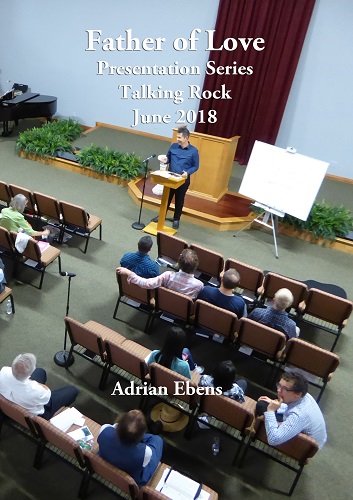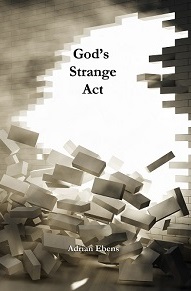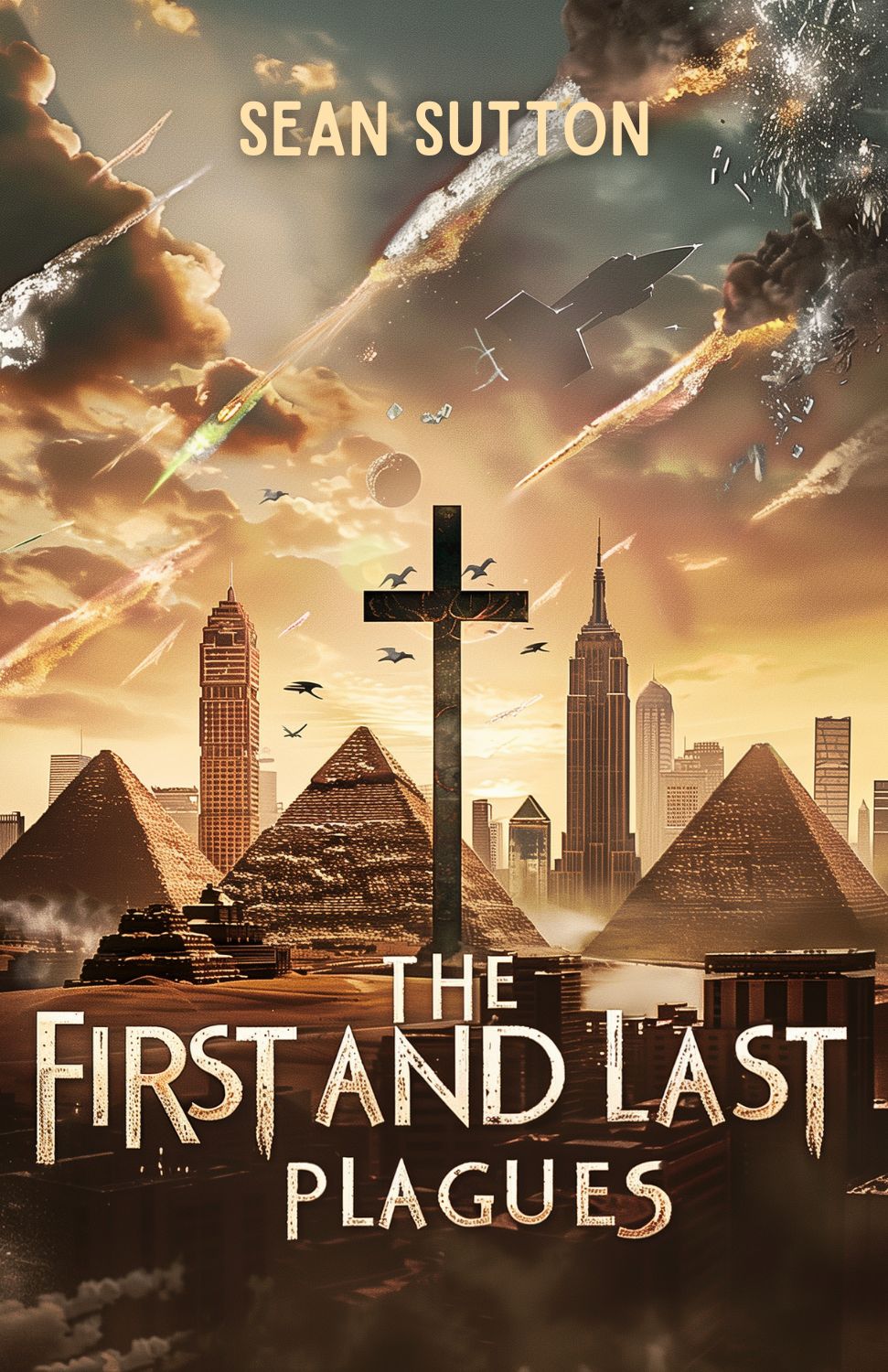Ellen and James White Uphold Divinity of Christ But Reject Trinity
Originally entitled: "Which Railroad did James & Ellen White Ride?"
In the June 6, 1871 issue of the "Advent Review and Herald of the Sabbath" we find a testimony from James White from his account of a journey by train from Battle Creek to Fairfield. What is important to note is the fact that we get a true understanding of what Mr. and Mrs. White believed concerning the trinity as well as the divinity of Christ.
We also glean other insights on the glory of God in nature and their burden for benighted souls with a prayer that the spirit of self-sacrifice would get ahold of "our own people."
"We had hoped to leave Battle Creek a week sooner; but a pressure of business at the publishing house, relating to our periodicals and publications, the new building, the Health Institute, and matters relative to the prosperity of our people in the city, detained us till May 30, when we left in company with Mrs. W. and Bro. and sister Abbey. We had been laboring so intensely, that the freedom and rest of a good seat with friends in the elegant coach of the fast train upon the Michigan Central Railroad, was a luxury that words cannot express...
The heat of the afternoon is intense. Happy for us, there is no dust upon the track; hence, doors and windows are all open. And now, as we look up from our imperfect pencilings (which enlists our deepest sympathy for the printer), we look as far as the sight of the eye can extend, over the ever-varying scenery that rapidly passes to the rear, or over which we pass, of meadow, and pasture covered with herds of cattle and horses, of corn and grain, and of groves, natural and planted. Way yonder, on the distant prairie, are a dozen teams cultivating corn, which to a real Yankee, might somewhat resemble so many small boats off the New England coast.
There is no labor in travel here. The eye is ever feasting upon nature's grandest, ever-shifting, and most beautiful scenery. The mind goes out, with the sight of the eye, in more expanded views of the glory of God in nature, and the heart warms, and beats more freely and firmly as it partakes in sympathy of the general good cheer. This to the man of care, and mental toil, is recreation...
Here, upon the train, we met a man of marked physical and mental powers, just returning from his missionary field in China. Early he had the advantages of the highest schools of New England, and has spent twenty-four years of the best of his life in China. He has now returned with his family to find homes for his four children, the eldest of which is but nine years of age, and then will return to spend the balance of his energies in that distant land.
As we conversed with this gentleman, feelings of profound respect were aroused for the sacrifice he has made, and is still making. Would God that a similar spirit of self-sacrifice would get hold of our people in behalf of benighted men and women in our own land.
This missionary seemed very liberal in his feelings toward all Christians. But after catechizing us upon the trinity, and finding that we were not sound upon the subject of his triune God, he became earnest in denouncing unitarianism, which takes from Christ his divinity, and leaves him but a man. Here, as far as our views were concerned, he was combating a man of straw. We do not deny the divinity of Christ. We delight in giving full credit to all those strong expressions of Scripture which exalt the Son of God. We believe him to be the divine person addressed by Jehovah in the words, " Let us make man." He was with the Father before the world was. He came from God, and he says, "I go to him that sent me." The apostle speaks of Christ as he now is, our mediator, having laid aside our nature. "If any man sin, we have an advocate with the Father, Jesus Christ the righteous."
The simple language of the Scriptures represent the Father and Son as two distinct persons. With this view of the subject there are meaning and force to language which speaks of the Father and the Son. But to say that Jesus Christ "is the very and eternal God," makes him his own son, and his own father, and that he came from himself, and went to himself. And when the Father sends Jesus Christ, whom the Heavens must receive till the times of restitution, it will simply be Jesus Christ, or the eternal Father sending himself.
We have not as much sympathy with Unitarians that deny the divinity of Christ, as with Trinitarians who hold that the Son is the eternal Father, and talk so mistily about the three-one God. Give the Master all that divinity with which the Holy Scriptures clothe him.
Our adorable Redeemer thought it not robbery to be equal with God, and let all the people say, Amen! Thank Heaven! Here we may sing, Worthy, worthy, is the Lamb; and on the other shore, by the grace of God, we will join all the redeemed in the highest ascriptions of praise for their salvation to both Him that sitteth upon the throne, and the Lamb, forever and ever."
It is a true blessing to have another sure word of what our pioneers believed about the trinity. Brother Cobbin shared, "This also gives us another indicator that Sister White was in step with her husband on this issue." And when you read all of her writings on this subject you will find them in harmony with Scripture.
With this account we know what railroad of truth James and Ellen White rode. Thank you Heavenly Father for preserving these words as a testimony of the faith once delivered to the saints and to give us hope and encouragement for our own journey. We want to ride the train that is bound for glory and through Your guidance we are understanding more and more of the railroad that leads us back to You.




